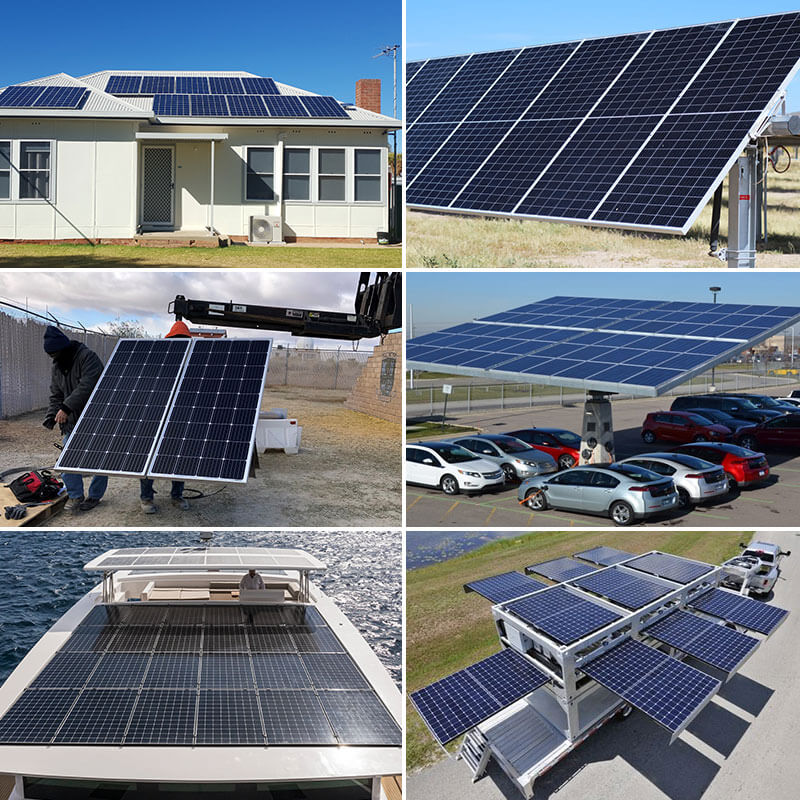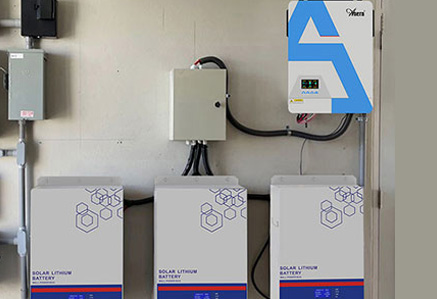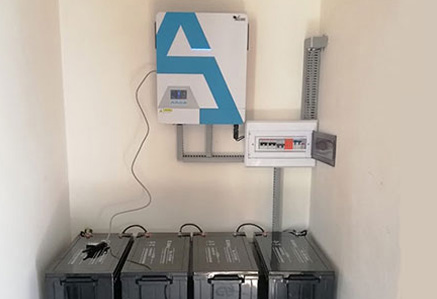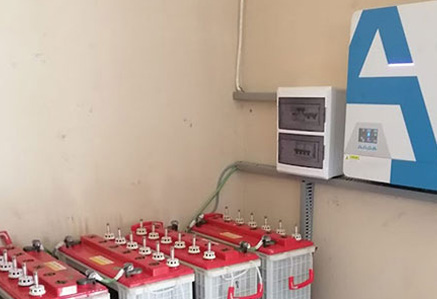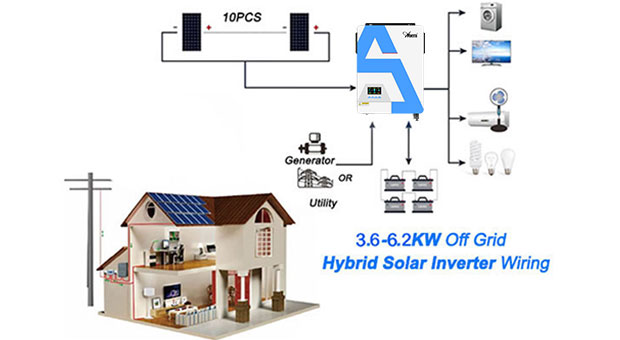Solar energy offers considerable advantages over conventional energy
systems by nullifying flaws in those systems long considered to be
unchangeable.
The following are advantages of solar energy:
- Raw materials are renewable and unlimited. The amount of available solar energy is staggering — roughly 10,000 times that currently required by humans — and it’s constantly replaced. A mere 0.02% of incoming sunlight, if captured correctly, would be sufficient to replace every other fuel source currently used. Solar power provides green jobs. Production of solar panels for domestic use is becoming a growing source of employment in research, manufacture, sales and installation.
- Solar panels contain no moving parts and thus produce no noise. Wind turbines, by contrast, require noisy gearboxes and blades.
- In the long run, solar power is economical. Solar panels and installation involve high initial expenses, but this cost is soon offset by savings on energy bills. Eventually, they may even produce a profit on their use.
- Solar power conserves foreign energy expenditures. In many countries, a large percentage of earnings is used to pay for imported oil for power generation. The United States alone spends $13 million per hour on oil, much of which comes from Persian Gulf nations. As oil supplies dwindle and prices rise in this politically unstable region, these problems continue to catalyse the expansion of solar power and other alternative-energy systems.
In summary, solar energy offers advantages to conventional fossil fuels and other renewable energy systems.
